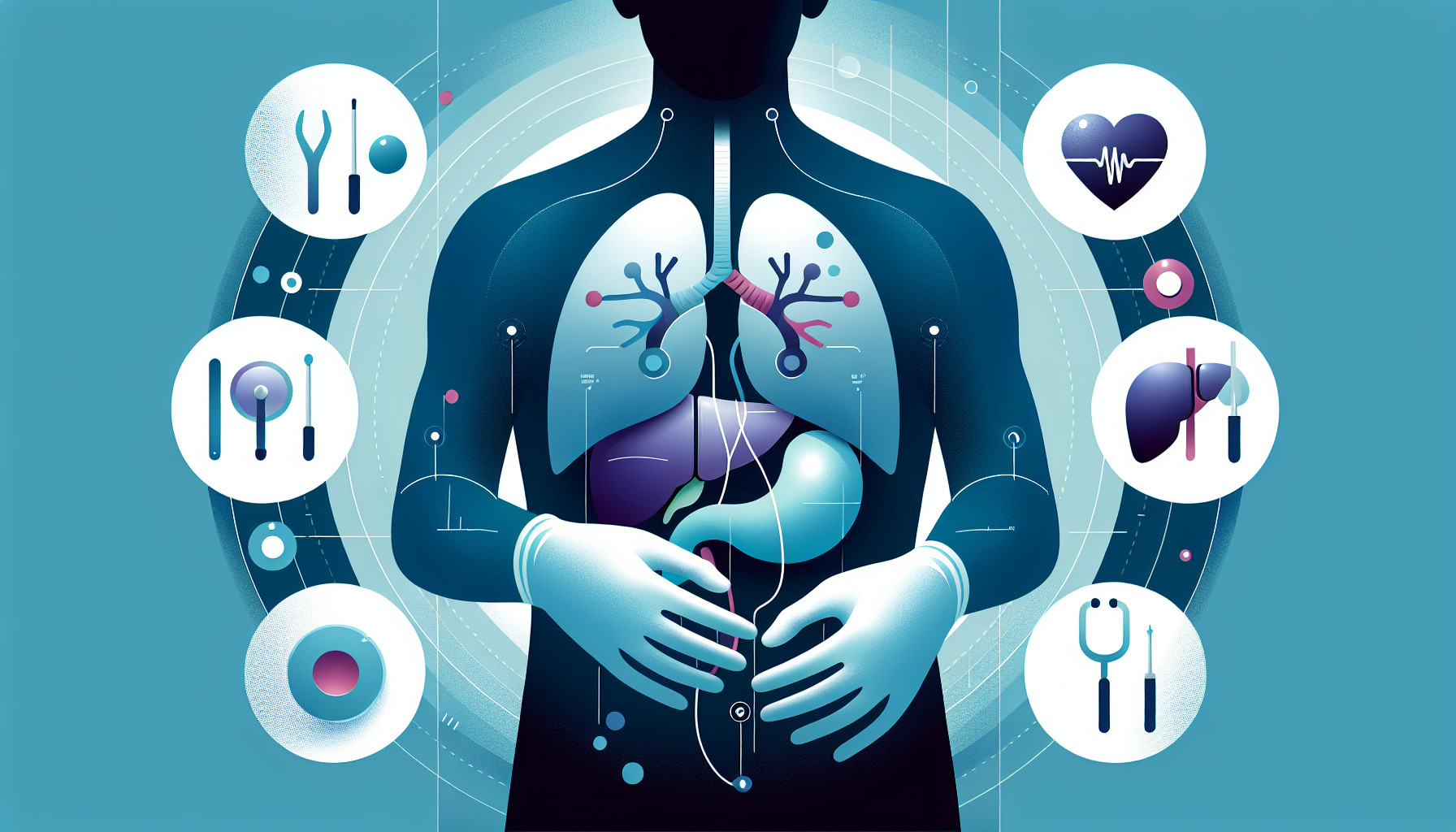Our Summary
This research paper discusses the importance of using donated organs from deceased donors more effectively, both in the UK and globally. It suggests that a detailed understanding of how best to use each donated organ is crucial for doctors and patients. This includes understanding the risks and benefits of using organs that may be considered higher risk, as well as the use of new techniques like machine perfusion technologies, which can help preserve organs for transplant. The paper suggests that by addressing these issues, it could reduce the number of donated organs that are not used, and improve the results for patients waiting for transplants. This could be relevant for many developed countries, not just the UK.
FAQs
- What does the research paper suggest to better use donated organs from deceased donors?
- What are some of the new techniques that can help preserve organs for transplant as discussed in the research paper?
- How could addressing the issues mentioned in the paper improve the results for patients waiting for transplants?
Doctor’s Tip
One helpful tip a doctor might tell a patient about organ transplant is to follow their post-transplant care plan closely. This may include taking medications as prescribed, attending follow-up appointments, and making healthy lifestyle choices to support the success of the transplant. Additionally, the patient should communicate any concerns or changes in their health to their healthcare team promptly. By following these guidelines, the patient can help ensure the long-term success of their transplant and improve their overall quality of life.
Suitable For
Patients who are typically recommended for organ transplant are those who have end-stage organ failure or severe organ dysfunction that cannot be effectively treated through other medical interventions. Some common conditions that may warrant an organ transplant include:
- Chronic kidney disease
- Liver failure
- Heart failure
- Lung disease
- Cystic fibrosis
- Certain types of cancer
- Genetic disorders affecting organ function
Patients who are considered for organ transplant must undergo a thorough evaluation process to determine if they are suitable candidates for the procedure. This evaluation includes assessing the patient’s overall health, the severity of their condition, and their ability to undergo surgery and follow a strict post-transplant regimen.
Additionally, patients must be willing and able to adhere to lifelong medication regimens to prevent organ rejection and monitor for complications. It is also important for patients to have a strong support system in place to help them through the transplant process and recovery.
Ultimately, the decision to recommend an organ transplant for a patient is made on a case-by-case basis, taking into account the individual’s medical history, current condition, and overall prognosis. Organ transplant can be a life-saving treatment option for many patients, but it is not without risks and complications. It is important for patients and their healthcare providers to carefully consider all factors before proceeding with a transplant.
Timeline
- Before transplant:
- Patient is diagnosed with a medical condition that requires an organ transplant, such as liver failure or kidney disease.
- Patient undergoes extensive testing and evaluation to determine if they are a suitable candidate for a transplant.
- Patient is placed on the transplant waiting list and waits for a suitable donor organ to become available.
- Patient may experience physical and emotional challenges while waiting for a transplant, including deteriorating health and anxiety.
- Once a suitable donor organ is found, patient undergoes surgery to receive the transplant.
- After transplant:
- Patient is monitored closely in the hospital for any complications or signs of organ rejection.
- Patient may need to take immunosuppressant medications for the rest of their life to prevent rejection of the new organ.
- Patient undergoes regular follow-up appointments with their transplant team to monitor their health and the function of the transplanted organ.
- Patient may need to make significant lifestyle changes, such as following a strict diet or avoiding certain activities to protect the transplanted organ.
- Patient may experience a significant improvement in their quality of life and overall health following a successful transplant.
What to Ask Your Doctor
Can you explain the risks and benefits of using an organ from a deceased donor that may be considered higher risk?
How do you determine if a specific organ is suitable for transplant, and what factors do you consider in making this decision?
How do machine perfusion technologies work, and how can they help preserve organs for transplant?
What are the success rates for patients receiving organs that have been preserved using machine perfusion technologies?
Are there any alternative treatments or options available for patients who may not be suitable candidates for a traditional organ transplant?
How long is the typical wait time for a suitable organ to become available for transplant, and what factors can impact this wait time?
What are the potential complications or risks associated with organ transplant surgery, and how are these risks managed?
How often will I need to follow up with you after receiving an organ transplant, and what are the long-term implications of having a transplant?
Are there any lifestyle changes or medications I will need to take after receiving an organ transplant, and how can I best manage these changes?
Are there any ongoing research or advancements in organ transplant technology that I should be aware of, and how might these impact my treatment in the future?
Reference
Authors: Ibrahim M, Callaghan CJ. Journal: Curr Opin Organ Transplant. 2023 Jun 1;28(3):212-221. doi: 10.1097/MOT.0000000000001071. Epub 2023 Apr 10. PMID: 37040628
